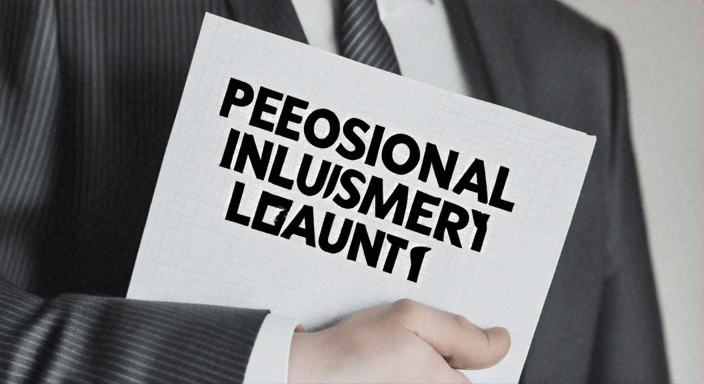Securing the appropriate personal injury attorney is vital for ensuring you obtain the compensation you rightfully deserve. Here is a comprehensive guide to assist you in navigating the process of selecting the most suitable lawyer for your specific requirements.

Comprehend Your Requirements
Prior to initiating your search, it is imperative to comprehend your unique needs. The domain of personal injury law encompasses a broad spectrum of cases, ranging from vehicular accidents to medical negligence. Gaining insight into the nature of your injury and the particulars of your case can aid in narrowing down attorneys who possess expertise in that specific area.
Conduct Research and Seek Recommendations
1. Online Reviews and Ratings: Platforms such as Avvo, Martindale-Hubbell, and Google Reviews offer valuable insights into attorneys’ reputations. Seek consistent positive feedback and verify if they have handled cases analogous to yours.
2. Personal Recommendations: Inquire among friends, family, or colleagues if they can suggest a reputable lawyer. Personal anecdotes can offer invaluable perspectives on an attorney’s proficiency and approach.
3. Bar Association: Reach out to your local bar association for a curated list of qualified personal injury attorneys in your vicinity. They frequently provide resources and referrals for attorneys who specialize in particular types of cases.
Assess Experience and Performance Record
Experience is a pivotal factor when choosing a personal injury lawyer. Here’s how to evaluate it:
1. Specialization: Confirm that the attorney specializes in personal injury law. An attorney who concentrates on personal injury will be more conversant with the intricacies of such cases and the strategies that yield the best results.
2. Performance Record: Investigate their history of verdicts and settlements. An attorney with a robust track record of successful outcomes is more inclined to secure a favorable result for you.
3. Years in Practice: Although not the sole indicator of competence, an attorney with extensive years of practice is likely to have encountered a diverse array of cases and legal challenges.
Initial Consultations
Most personal injury attorneys offer complimentary initial consultations. Utilize this opportunity to assess their suitability:
1. Communication Skills: An adept attorney should be capable of elucidating legal jargon in a manner that you comprehend. They should be responsive to your inquiries and concerns.
2. Case Evaluation: During the consultation, the attorney should furnish an honest appraisal of your case’s strengths and weaknesses. Be wary of attorneys who promise a specific outcome, as this is often impractical.
3. Fee Structure: Gain clarity on their fee structure. The majority of personal injury attorneys operate on a contingency fee basis, meaning they are only remunerated if you win. Clarify the percentage they retain and any other potential costs you might incur.
Additional Resources and Tools
1. Legal Directories: Leverage legal directories such as FindLaw, Nolo, and Justia to access comprehensive listings of personal injury attorneys.
2. Case Management Tools: Certain attorneys utilize case management tools that enable clients to monitor their case progress online. This can be an invaluable resource for staying informed about your case.
Conclusion
Selecting the optimal personal injury attorney entails meticulous research and consideration of various factors, including experience, specialization, communication skills, and professionalism. By adhering to these guidelines, you can identify an attorney who will adeptly represent your interests and assist you in attaining a favorable outcome. Bear in mind that the right attorney can significantly influence the resolution of your personal injury case.





